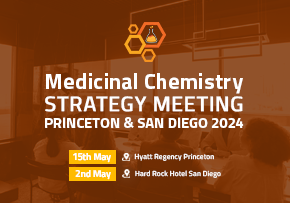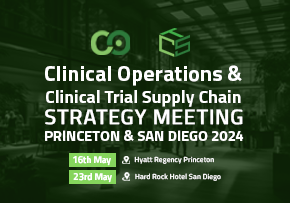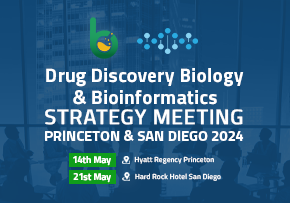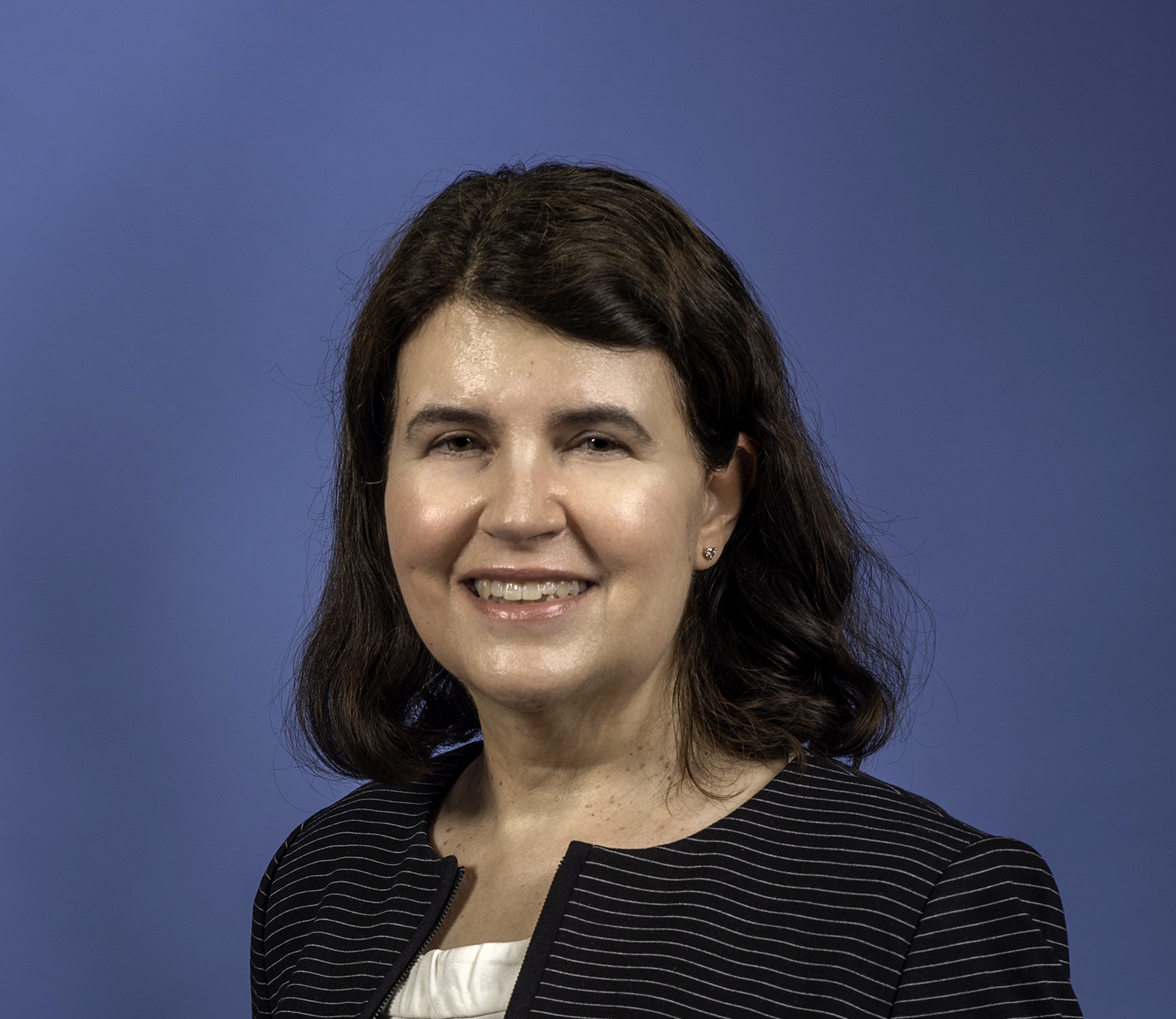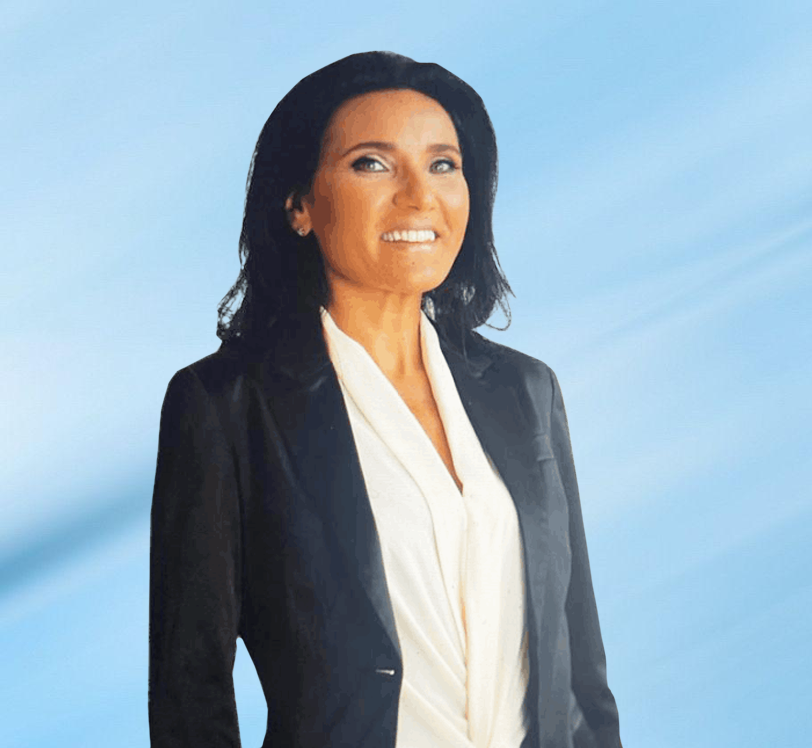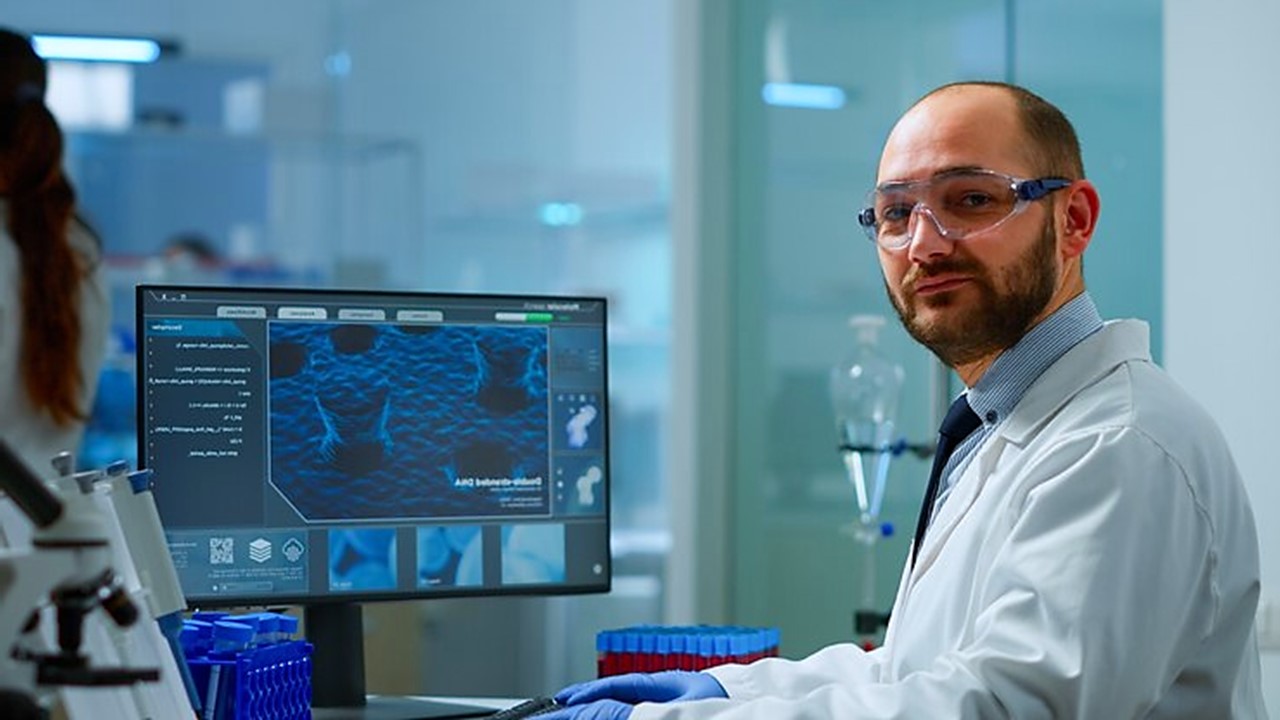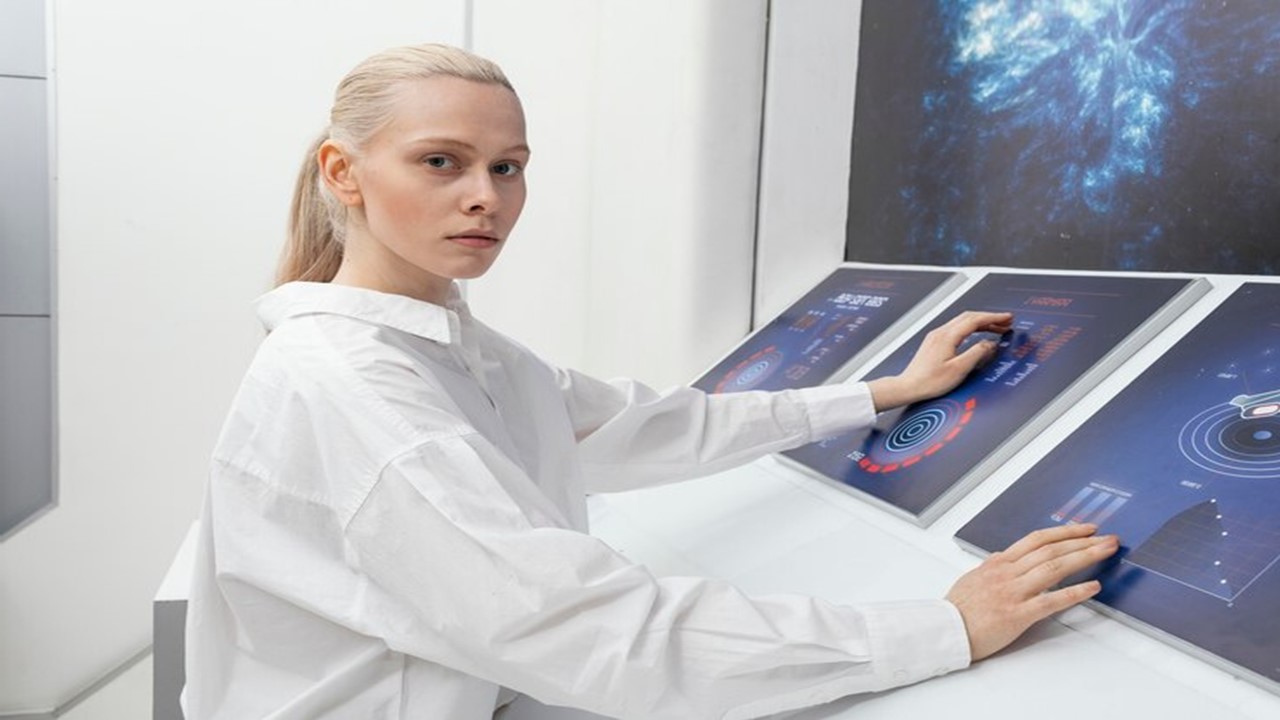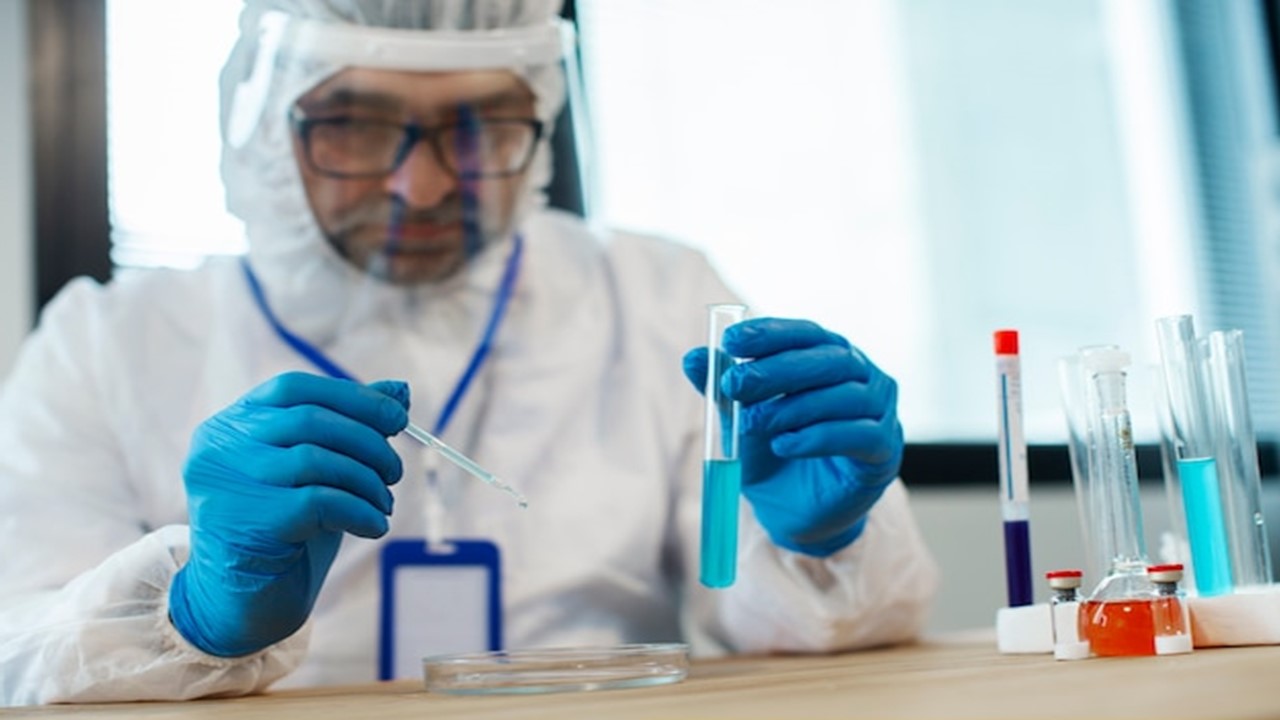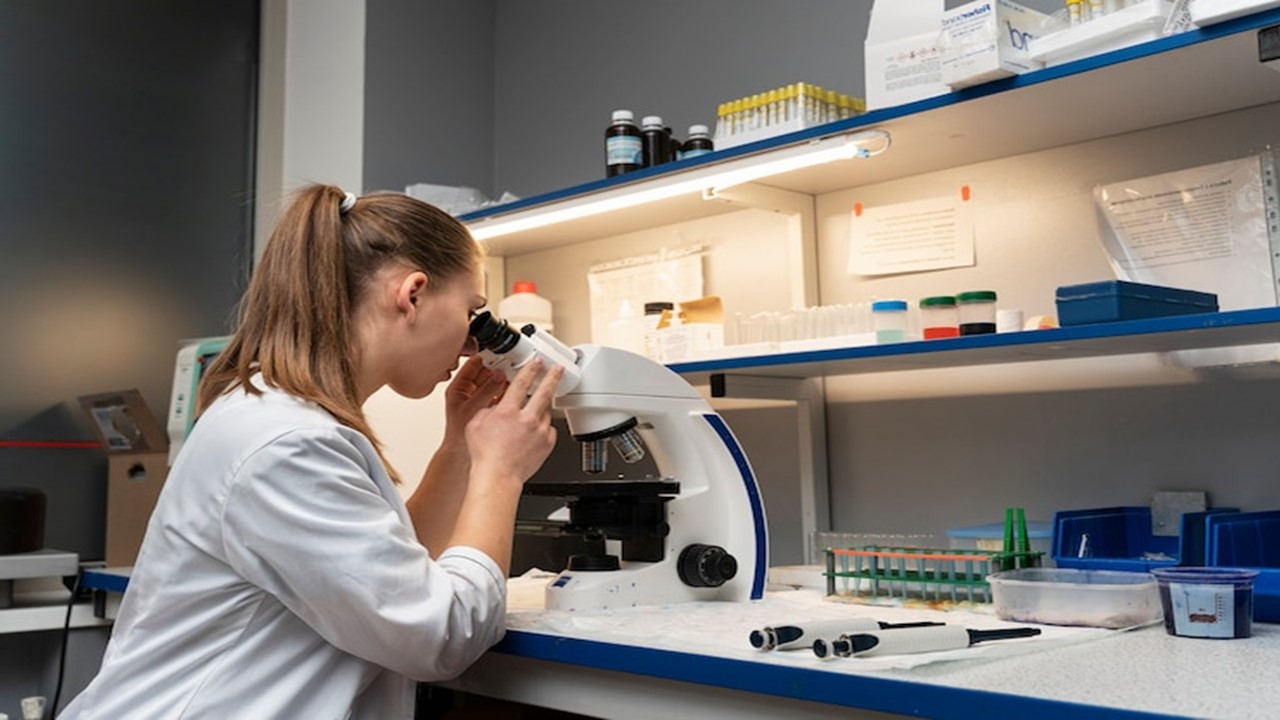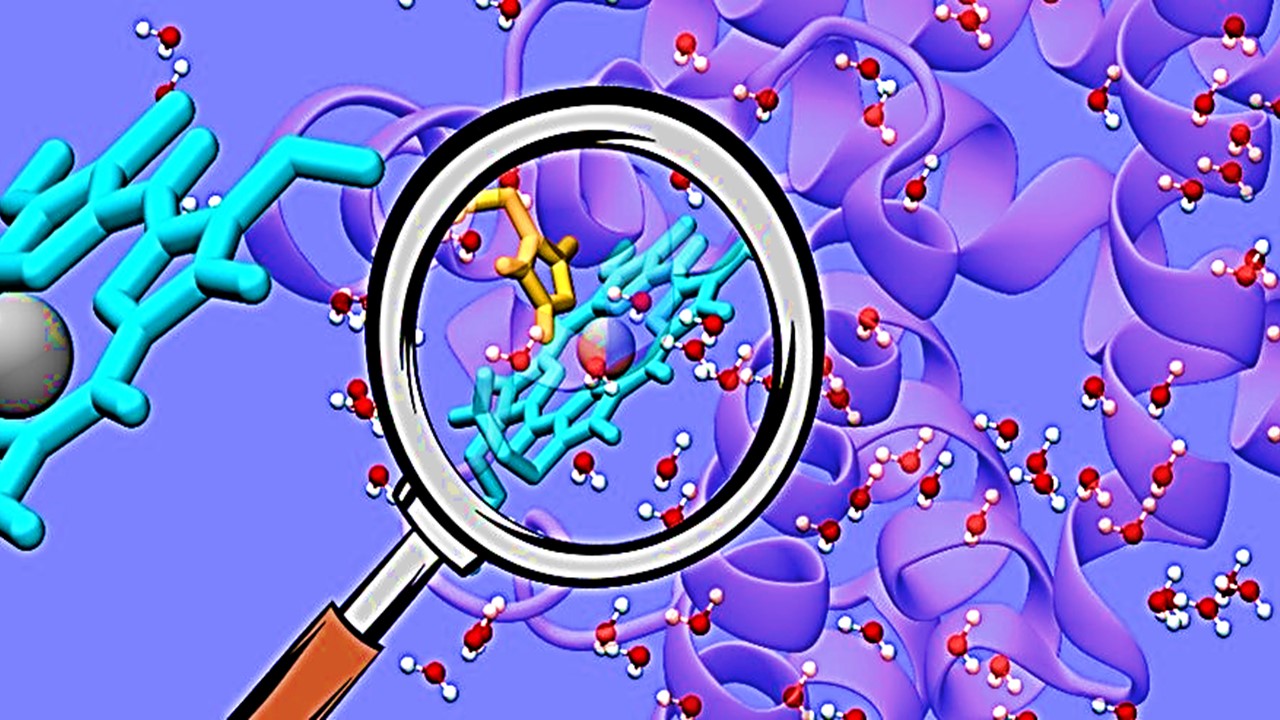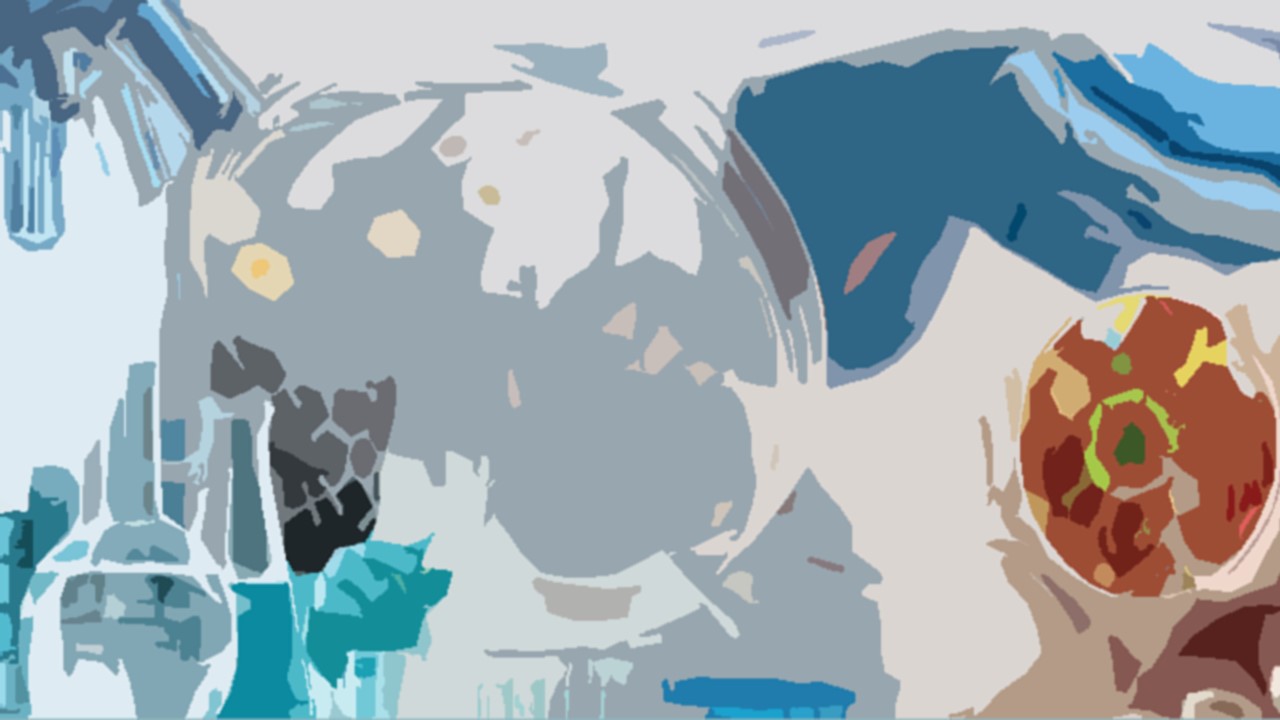Dr. Aleksandra Filipovic is the Head of Oncology at PureTech Health, with a background in supporting, advancing and managing the efforts to develop novel anti-cancer treatments from a variety of perspectives – whether from her clinical/academic or industrial positions, or through the design of clinical trials. Her commitment to advancing our understanding of cancer is unwavering – we talked to her to find out about some of the current trends in the field.
PF: It’s a great pleasure to have you here, Dr. Aleksandra Filipovic. You have a long career in oncology, particularly in clinical development. Are there any highlights of your career you would like to share with us? What are some big motivators that pushed you into the field?
AF: I would definitely say I have been led into the field, rather than pushed. I’ve been in the field since 2006 as a practicing clinician and I am also the Head of Oncology at PureTech Health. I would say this direction in my career truly started with my PhD at Imperial College – I was incredibly fortunate to belong to a team with a translational mindset. I think that experience really awakened my interest and mindset in oncology – providing me with the right skills, education, practice and growth. At the same time, it nurtured the clinician, but also the scientist in me, teaching me how to combine the two. I consider myself blessed to have had this opportunity to start my career in this way. I continued practicing as a clinician at Imperial, but I have since made the leap to work in the drug development industry, and I am now with PureTech Health. The reasoning for my transition to industry really was to realize my intention and commitment to developing novel drugs through novel scientific advances and in a time efficient manner in order to maximize the positive, life-extending and life-saving impact for the patients. This journey has had and continues to have a steep learning curve. We have seen some amazing shifts in how we think about and approach oncology – which is reflected in our drug development. Observing the transformational moments in oncology in the last decade – the flourishing of so many different treatment modalities, especially immunotherapies, cell-based therapies, combination strategies, patient selection – would perhaps be the highlights.
PF: Your current focus primarily involves the treatment of tumors with immunotherapies. Immunotherapies have made great strides in hematological malignancies, but solid tumors remain a challenging field for immune-based treatments. What do you think needs to be done to improve the future outlook in the field?
AF: We are definitely still maintaining our focus in the immuno-oncology space, but we also remain mindful of the other treatment modalities – which remain incredibly important. We are seeing everyone in the field understanding the significance of combination and sequencing treatments. This is of course in addition to improving patient selection. Expanding these understandings, as we improve the treatment options for solid tumors, will be critical to the success of innovations. Immuno-oncology has truly taught us to acknowledge, and harness, the power of a patient’s own immune system. And that is really what immuno-oncology treatments seek to do: to restore the immune system’s ability to treat cancer. Challenges have of course arisen – checkpoint inhibitors do not work for everyone. This has not only demanded that we discover new IO targets and to understand the intricate landscape of the immune tumor microenvironment, but also to think of different trial designs, biomarkers, and prospective, dynamic follow-up procedures/technologies. It has made oncology a much more bi-directional area, where we have to seriously consider feedback from patients, oncology care providers and build this into the lines of communication from across the entire chain of drug development to drug provision. The more precise nature of immuno-oncology treatments has definitely reinforced patient-centricity, which I feel is important: we should remember that our endeavors are geared towards improving peoples’ quality and quantity of life, after all. Conjointly, we have had to adjust our expectations – while achieving complete and partial remissions and cures is always a very gratifying clinical outcome, we must remember that achieving disease stabilization/disease control is also a reasonable end-point. It does not have to always be about curing cancer; turning cancer into a chronic disease that one lives with rather than dies from is also achievable and still augments a patient’s quality and longevity of life.
PF: Combination therapies raise interesting questions in trial design for immuno-oncology. Finding treatment response and viable biomarkers of note for just one product is a task in its own regard. Doing so while taking into account the efficacy and safety profile of multiple drugs increases the complexity even further. How do you feel this space can be optimized within oncology?
AF: In drug development, ensuring the safety profile of a therapeutic agent is of paramount importance. We are acutely aware of the trade-offs between efficacy and toxicity. This is why we have established protocols for dose reduction, modifying dosing regimens, cessation of treatment and patient’s consent is critical. Combination therapies remain incredibly important as we move forward. This is because cancer is a very heterogeneous disease that can employ multiple pathogenic pathways to drive tumor growth and progression. Therefore, investigating rational therapeutic combinations is a hugely popular topic. We have seen promising results from the combination of immunotherapy with various other modalities: IO/IO combinations, combinations with chemotherapy, small molecule inhibitors, radiotherapy – and this is a space that will gain further traction as we move forward. Patient selection remains a point of great interest – it is an evergreen concern as we design new investigations. It is far from an easy endeavor to develop relevant biomarkers. It can often be lengthy and expensive – but for the right reasons: for something to be called a biomarker, such as HER2 for example. Even modulating the gut microbiome is a nascent field,although it will require tremendous efforts to see this standardized. Technology has enabled a lot more dynamic and frequent biomarker sampling – both from tumor and blood samples; the latter is particularly important, as it is a far less invasive sampling technique. The entire field has made a lot of progress in incorporating companion diagnostics and biomarkers wherever possible. Obviously, doing so for combination therapies involves a lot more data generation, management and more complex decision-making – but the promise of the efficacious treatments they support is worth it.
PF: We have seen emerging technologies amplify the amount of data that can be exploited, particularly in a venture as data-demanding as tackling treatment resistance for solid tumor immunotherapies. These technologies include AI and quantum computing – do you feel these hold potential to revolutionize oncology through methods such as novel data interpretation, visual diagnostics and profiling?
AF: These technologies hold tremendous potential – absolutely. I believe that we are only beginning to probe how these technologies can be integrated into oncology, and where they can be best utilized in research and drug development. As you said, these technologies hold critical significance for the future of data processing, data mining and also drug repurposing. These considerations are important now that we have entered the era of whole genome sequencing, where the amount of information from a single patient can be colossal. Accelerating the way we process and interpret that information through such technologies will be truly transformative. While AI may not be something we use in our everyday lives as oncology researchers and clinicians yet, we are aware that interfacing with teams from other fields, computer science in particular, is the way to go. This has led to exchanges of information and fresh perspectives, which is always a welcome phenomenon in any field of science. Some of the most critical scientific breakthroughs originated through novel interdisciplinary efforts. We have already seen numerous companies, particularly startups, that seek to truly harness these technologies and we have seen promising results regarding the drug candidates that AI platforms can come up with. This makes the future prospects for these innovations particularly bright, and the possibility of the cost, time and effort savings that implementing these technologies can bring can truly turbocharge investigations into countless drug candidates. And, as you said, the benefits are not limited to drug discovery: AI can also survey a patient and their response to treatment or to inform about biomarkers predicting toxicities, for example, which can yield improvements in treatment selection, understanding treatment resistance, and even optimizing treatment combinations.
PF: One of the keys to overcoming challenges in oncology on an industry level is collaboration and standardization of measures and definitions. This is particularly important when it comes to novel and composite biomarkers such as the tumor mutational burden, the tumor microenvironment and even the microbiome as a biomarker. Do you feel key stakeholders are doing enough to make this happen?
AF: I would say the industry, and allied sectors, are doing the best that they can. Improving and standardizing biomarkers is a very time and resource intensive journey based on evidence, which requires lengthy follow-ups from thousands of patients, both prospectively and retrospectively. It is a truly herculean effort to gather and manage data on such complex biomarkers. I feel the collaboration between drug developers and regulatory agencies is critical in this regard – and that collaboration has grown closer over time, both in Europe, the USA and other countries. We are definitely moving with the times and have understood how important it is to review policies and guidelines to improve clinical study design. The formation of consortia that facilitate drug development across companies has been truly promising in seeing improved collaboration. For example, we have seen consortia for pancreatic cancer and ovarian cancer, among others, where drug developers can enter into on-going efforts with their own investigational products. These consortia operate with standardized, a priori approved protocols by regulators. Such efforts enhance the transparency and harmonization of research throughout the field. We have also seen patient advocacy groups become involved in these efforts, which is always a very good thing to see. We have to remember who we are all doing this for – the patients – and being partners with them can only yield positive results. While such work may not be truly visible on the front-end of research, these are massive movements towards greater cooperation that are extremely positive portents of future prospects.
PF: You will be joining us at our Oncology Strategy Meeting in London this summer. We will be delighted to see you facilitate a discussion on the optimization of combination treatments for cancer – are there any other insights you would like to share with us prior to the event? Are you excited to finally be able to attend physical forums that enable the live exchange of ideas?
AF: I think it will be really refreshing to see people in person again – there is no substitute for physical communication. Exchanging ideas in person, through live words, can lead to truly transformational insights and the birth of novel ideas. It can provide the foundation for new partnerships – much more so than Zoom or other technologies, as grateful as we are to them for enabling us to conduct business through the pandemic.
Join Proventa International’s Oncology Strategy Meeting in London to hear the latest insights from throughout oncology – including immuno-oncology, the integration of novel technologies, the effect of COVID on clinical trials in the field and much more. Meet world-renowned experts in person and join the scientific discourse that could lead to your next breakthrough partnership.

Subscribe
to get our
LATEST NEWS
Related Posts
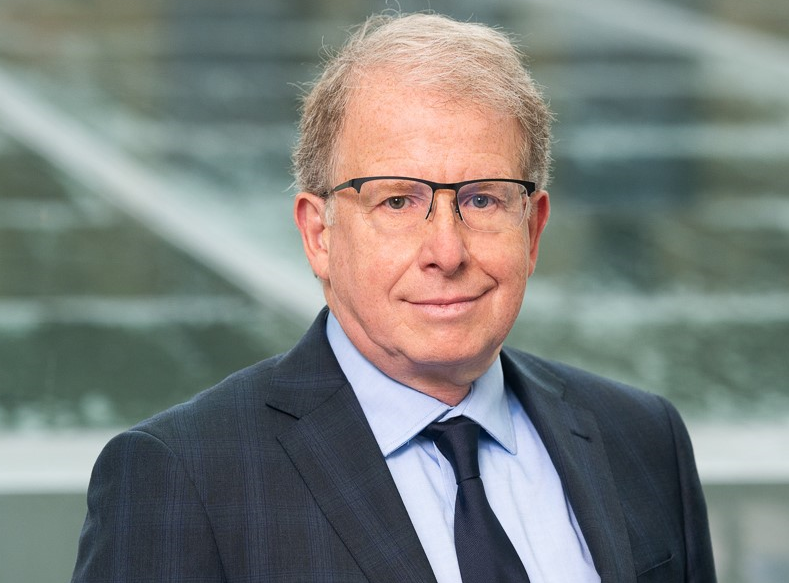
Interviews
Innovating the Canadian Biotech Sector with Joseph Mancini, adMare BioInnovations
With a wealth of globally-competitive scientific discovery, Canada is primed to lead the life sciences world. adMare is here to make that a reality!
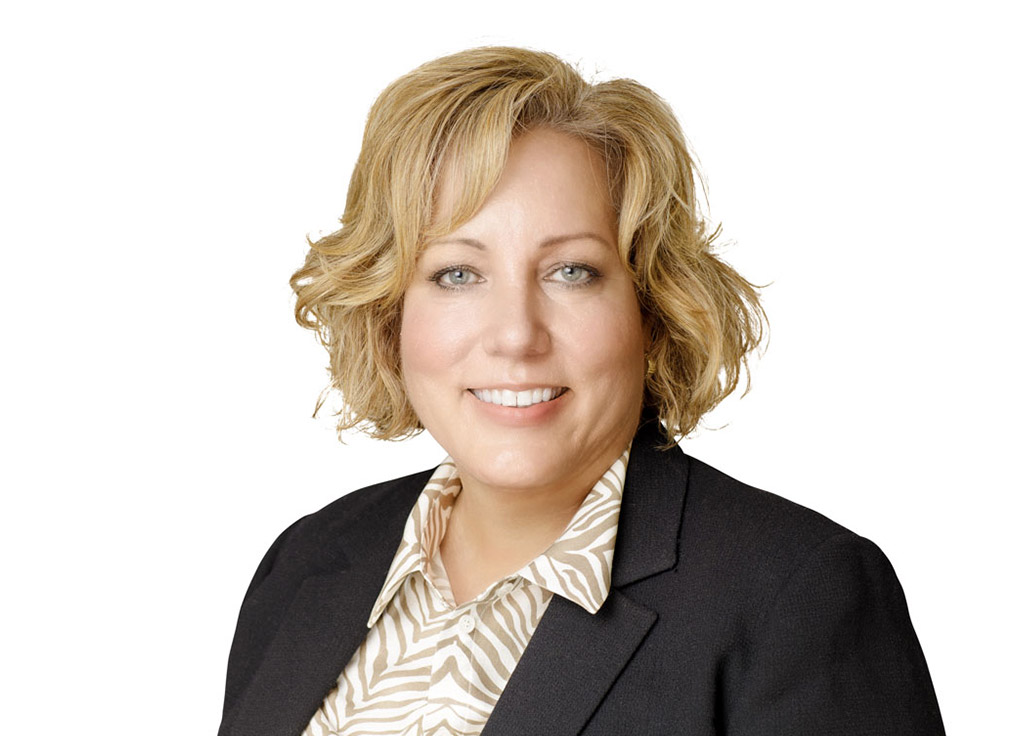
Interviews
Leveraging Technology to Accelerate Trial Recruitment with Colleen Hoke, ObjectiveHealth
Utilizing proprietary technology, processes and trained on-site personnel, ObjectiveHealth delivers significant advances in the conduct of clinical research.
Read More Articles
Synthetic Chemistry’s Potential in Deciphering Antimicrobial Peptides
The saga of antimicrobial peptides unfolds as a testament to scientific ingenuity and therapeutic resilience.
